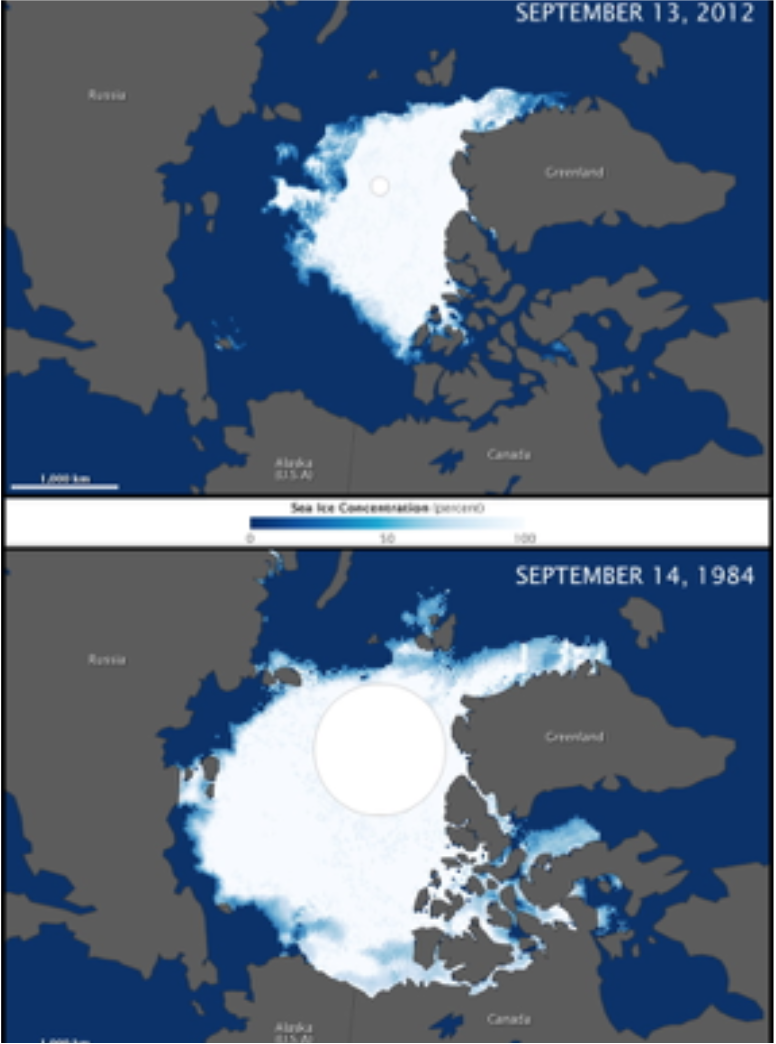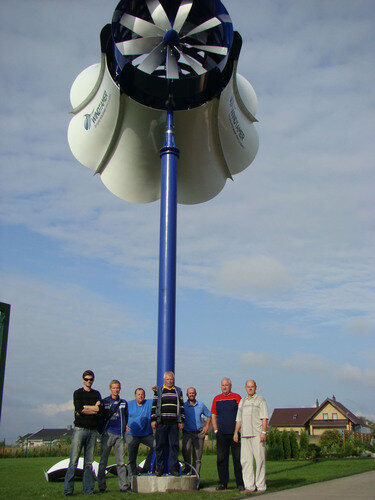Innovators in Ghana create electricity from root vegetables
Editor’s Comments:
Our Ocean-Atmosphere environmental systems are not just linked to each other but connect all the plants and animals together in those systems. Some of our articles in OCEAN 44 confirm these relationships. Many of us in New England consider mussels the “Poor Man’s Oyster” but recent research in the UK is disturbing. Another article I did not want to read is Lauren Goodwin’s “wake up” article on plastics getting trapped in the stomachs of seabirds, contributing to their starvation. We are also sharing an “unable to sleep at night” article about the mysterious proliferation of lizards in Florida.
~Gordon Peabody, Editor
Ocean 44 Articles
Plastics causing starvation in seabirds
Great Pacific Garbage Patch
Red tides in Florida
Hot rain
Rising temperatures in the Gulf of Maine
Sunscreen harms coral reefs
Invasive rats infesting reefs
Space debris
Eating invasive Green Crabs
Humans eating plastic from mussels
Electricity from root vegetables













